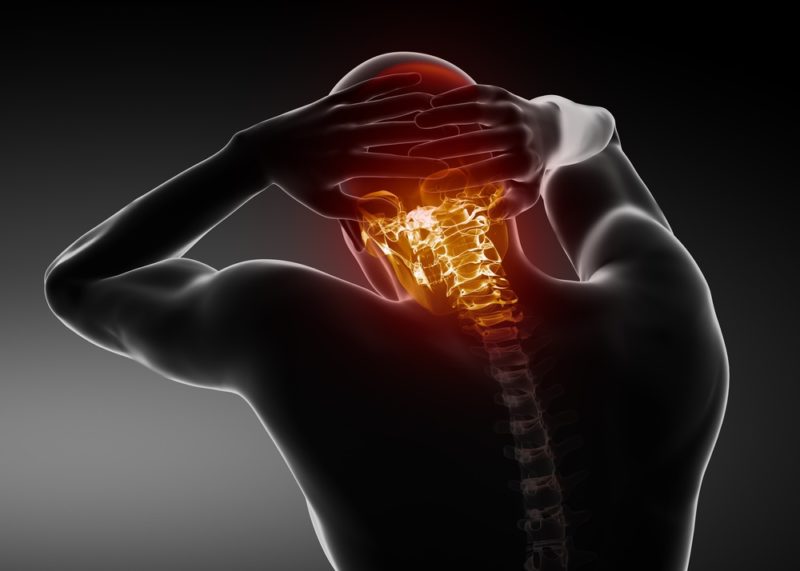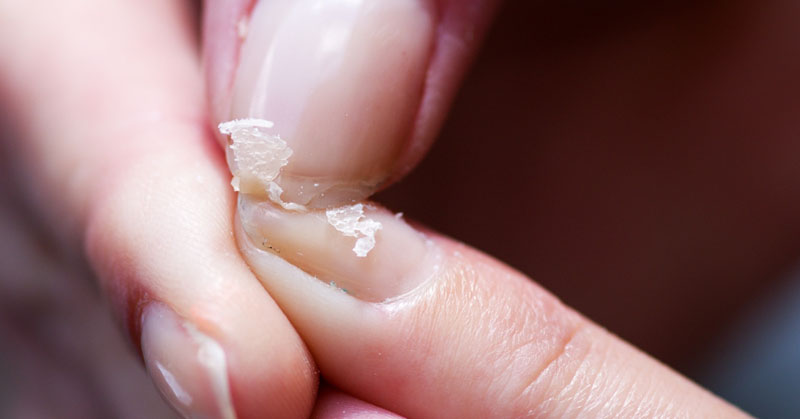When something isn’t quite right on the inside of your body, it has special ways of giving you a heads up. If you notice that your fingernails have been splitting or breaking lately, there’s most likely an important reason behind it. Your body could be trying to tell you that you’re low on a very important mineral!
What is Manganese?
Manganese is an essential mineral that plays an important role in numerous biological processes throughout the body. It activates enzymes that aid in the metabolism of carbohydrates, amino acids, and cholesterol. While your body only needs small amounts of manganese to function properly, it is estimated that as many as 37% of Americans do not meet the recommended daily intake for manganese.
The human body contains about 15-20 mg of manganese. It can be found in the bones, liver, kidneys, pancreas, and adrenal and pituitary glands. This mineral is essential for forming connective tissue, blood clotting, and sex hormones. A manganese deficiency can cause a variety of health complications. If you are deficient in manganese, you may be experiencing symptoms, including weak and brittle bones and nails due to low collagen levels.

Symptoms of Manganese Deficiency
- Joint Pain, Weak Bones – The body needs manganese to form strong and healthy bones and joints. If you are manganese-deficient, you may experience regular joint, ligament, and tendon pain. Other symptoms are weak and brittle nails and bones.
- Fatigue – A manganese deficiency can cause constant nervousness, irritability, and moodiness. It can also lead to nausea and fainting.
- Blood Sugar Problems – Without sufficient levels of manganese in your body, you are more likely to develop blood sugar problems. Manganese helps metabolize carbohydrates and cholesterol. A long-term manganese deficiency can lead to diabetes.
- Heavy Menstruation in Women – Being manganese-deficient has been linked to problems with women’s menstrual cycles, as well as problems conceiving and even infertility.
- Poor Wound Healing – If you have a minor cut that is taking an especially long time to heal, it may be indication that you have a manganese deficiency. This is because manganese plays a role in collagen production.
- Skin Issues – Ongoing dermatitis or an unusually pale skin tone that doesn’t subside can be an indication of low manganese levels. This is also related to collagen production.
How To Raise Your Manganese Levels
If you’re experiencing brittle nails, constant fatigue, poor wound healing, or any of these other symptoms, it’s time to add some more manganese to your diet! These six foods are rich in the essential mineral, so they’ll help get your body back on track!
- Nuts and Seeds – Hazelnuts, pecans, walnuts, and macadamia nuts contain high levels of manganese.
- Spinach – Dark green leafy veggies should be part of your daily diet. They contain manganese, along with numerous other vitamins and minerals.
- Whole Grains – Whole grains provide you with a healthy dose of manganese. Try brown rice, oatmeal, and quinoa.
- Tofu and Tempeh – Besides being a great source of manganese, tofu is also a healthy source of calcium, copper, iron and omega-3’s.
- Lima Beans – White beans, chickpeas, black-eyed beans, kidney beans, and lima beans all contain manganese. They’re also high in fiber and manganese.
- Black Tea – One of the easiest ways to get manganese in your diet is to drink a cup of black tea each day.
Sources:
Remedy Daily
HealthAliciousNess
Oregon State University
Health Ambition
Livestrong


